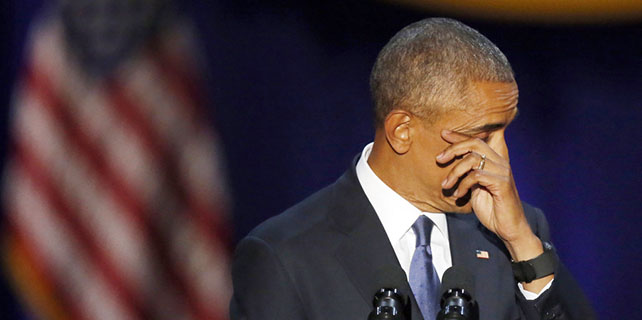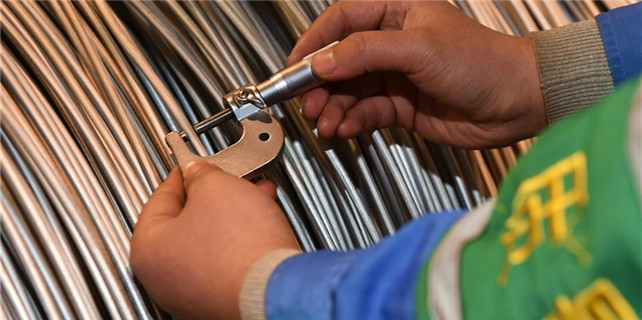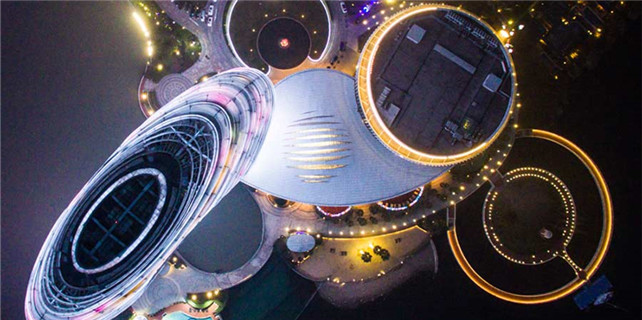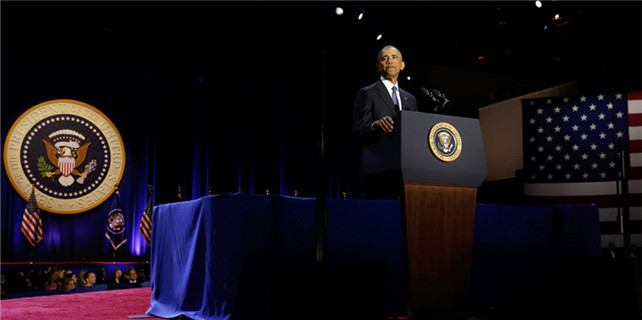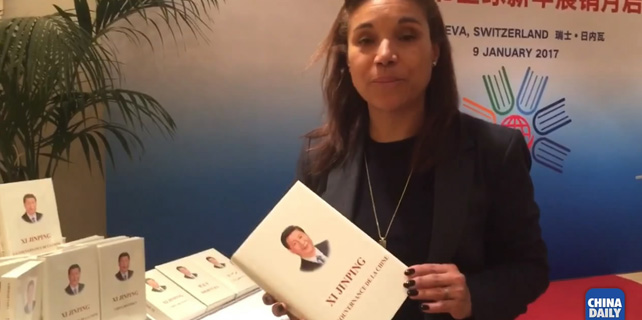China's policies on Asia-Pacific security cooperation
6. ASEAN Defence Ministers' Meeting Plus
The ADMM-Plus is the highest-level and largest defense and security dialogue and cooperation mechanism in the Asia-Pacific region. It has played a vital role in enhancing mutual trust and promoting pragmatic cooperation among the defense ministries and armed forces of all parties.
On November 4, 2015, at the Third ADMM-Plus held in Kuala Lumpur, Malaysia, the Chinese side pointed out that all parties should push for the building of an open, inclusive, transparent and even-handed regional security cooperation framework, keep deepening pragmatic defense cooperation, properly handle disputes, manage and control risks, and jointly safeguard regional peace and stability.
In 2016 the Chinese military participated in the ADMM-Plus peacekeeping and demining joint exercise in India and the maritime security and counterterrorism exercises in Brunei and Singapore. From 2017 to 2020 China and Thailand will co-chair the ADMM-Plus Experts' Working Group on Counterterrorism.
7. Lancang-Mekong Cooperation
The establishment of the Lancang-Mekong Cooperation framework was an important initiative put forward by Premier Li Keqiang at the 17th China-ASEAN Summit in November 2014. This initiative aims to enhance good-neighborliness and friendship among the six countries along the Lancang-Mekong River through pragmatic cooperation, promote subregional economic and social development, and forge a community of shared future for solidarity, mutual assistance, even-handed consultation, shared benefits and mutually beneficial cooperation in the subregion. The LMC framework has China, Cambodia, Laos, Myanmar, Thailand and Vietnam as its members.
The LMC has registered encouraging progress. One leaders' meeting, one foreign ministers' meeting and three senior officials' meetings have been held by November 2016. In November 2015 the First LMC Foreign Ministers' Meeting was held in Jinghong, in China's Yunnan province, at which the foreign ministers of the six countries announced the start of the LMC process, reached broad consensus on the direction of future cooperation and the structure of the LMC, and put forward proposals for a number of cooperation projects.
On March 23, 2016 the First LMC Leaders' Meeting was held in Sanya, in China's Hainan Province, officially launching the LMC framework. Leaders of the six countries reviewed past progress, shared their vision for the future of the LMC, and agreed to coordinate their strategies for development, make overall planning of their cooperation resources, share the benefits of development, and build a community of shared future among the Lancang-Mekong countries. The meeting confirmed the "3+5" mechanism of cooperation: the three cooperation pillars of political and security issues, economic and sustainable development, and cultural and people-to-people exchanges; and the five key priority areas of connectivity, production capacity, cross-border economic cooperation, water resources, and agriculture and poverty reduction. The meeting issued the Sanya Declaration of the First Lancang-Mekong Cooperation Leaders' Meeting and the Joint Statement on Production Capacity Cooperation Among the Lancang-Mekong Countries, and adopted a joint list of early-harvest programs in areas such as connectivity, water resources, public health and poverty reduction.
8. Shanghai Cooperation Organization
Since 2015 the Shanghai Cooperation Organization has maintained sound and steady development. Progress has been made in political, security, economic and cultural cooperation, leading to the firmer international standing and greater influence of the SCO.
President Xi Jinping attended the 15th Meeting of the Council of the Heads of State of the SCO member states on July 9-10, 2015 in Ufa, Russia, where they signed the Ufa Declaration of the Heads of State of SCO Member States and the SCO Member States Agreement on Border Defence Cooperation, and approved important documents including the Shanghai Cooperation Organization's Development Strategy until 2025 and the SCO Member States 2016-2018 Cooperation Program on Combating Terrorism, Separatism and Extremism.
Premier Li Keqiang chaired the 14th Meeting of the Council of the Heads of Government (Prime Ministers) of the SCO member states held in China on December 14-15, 2015. The leaders at the meeting laid out plans for cooperation in various fields for the next stage, issued the Statement of the Heads of Government (Prime Ministers) of SCO Member States on Regional Economic Cooperation, adopted the resolution on Preparation for Creating the SCO Development Bank and the SCO Development Foundation (Specialized Account), and witnessed the signing of the Program of Interaction Between the Customs Agencies of the SCO member states for 2016-2021 and the Memorandum of Understanding between the Secretariat of the SCO and the Secretariat of the UN Economic and Social Commission for Asia and the Pacific.
On June 23-24, the 16th Meeting of the Council of the Heads of State of the SCO member states was held in Tashkent, Uzbekistan. President Xi Jinping attended the meeting. The heads of the member states signed the Tashkent Declaration on the 15th Anniversary of the SCO, approved the Action Plan for 2016-2020 on Implementation of the SCO Development Strategy Toward 2025, and adopted the Memorandums of the Obligations on the Entry of the Republic of India and the Islamic Republic of Pakistan to the SCO.
Since 2015 meetings of heads of various departments including security council secretaries, foreign ministers, defense ministers, economic and trade ministers, culture ministers and heads of emergency response agencies have been held. These meetings deepened and expanded cooperation in various fields, and increased the SCO's international influence. China has promoted and participated in SCO cooperation across the board. China's bilateral relations with other SCO member states, observer states and dialogue partners have continued to grow.
9. Conference on Interaction and Confidence-Building Measures in Asia (CICA)
On April 27-28, the Fifth Meeting of the Ministers of Foreign Affairs of the CICA member states was held in Beijing. President Xi Jinping attended the opening ceremony and delivered an important speech. The meeting issued the Declaration on Promoting Peace, Security, Stability and Sustainable Development in Asia Through Dialogue and adopted the 2016-2018 Cooperation Initiative of the CICA Member States for Drug Control and the 2016-18 CICA Initiative for the Implementation of Confidence-Building Measures for the Development of Small and Medium Enterprises.
China has actively implemented the confidence-building measures of CICA in all fields and made innovative efforts in the cooperation platform of CICA. Since 2015 China has hosted the founding conference of the CICA Youth Council, founding assembly of CICA Business Council, First CICA Non-Governmental Forum and Third Think Tank Roundtable, which have helped to implement the confidence-building measures in cultural and economic fields, and promoted dialogue and exchange among young people, NGOs and think tanks.







